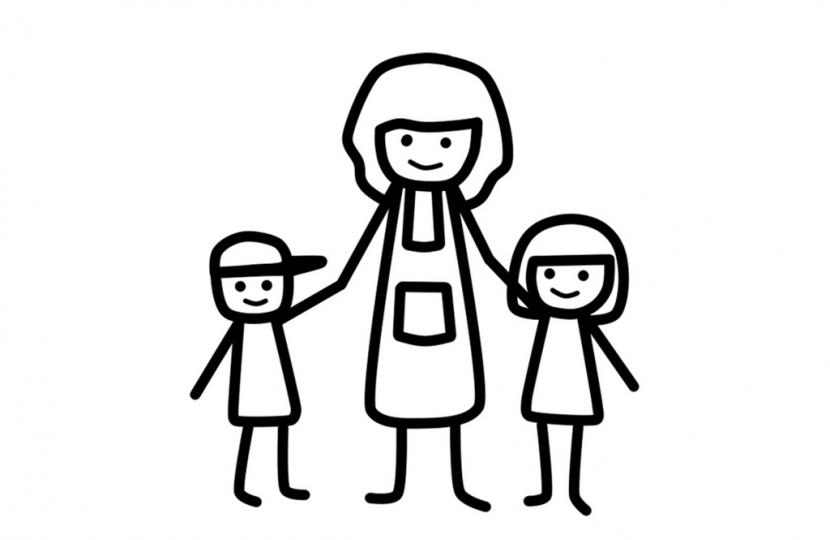
MSPs on a key Holyrood committee have told the SNP it’s impossible to scrutinise named person proposals – and ordered ministers to come back with “authoritative” plans.
The Education Committee was supposed to publish its response on the information sharing elements of the controversial policy.
This is the part of the legislation which was deemed unlawful by the Supreme Court last year.
Since the plans were redrawn by the SNP, a number of experts and stakeholders have criticised the code of practice element for being unclear and leaving question marks over the legal responsibilities of practitioners.
Now committee convener, SNP MSP James Dornan, has written to education secretary John Swinney to inform him of the move.
He said: “Based on the evidence heard to date, the majority of the committee do not consider that they are able to make a decision on whether to recommend that the general principles of the bill be approved at stage 1 until the Scottish Government has provided the committee with an authoritative draft of the code.”
Only then, he added, would MSPs be able to decide if the general principles of the bill could be supported.
Scottish Conservative shadow education secretary Liz Smith said:
“The Education and Skills Committee has unanimously agreed that it cannot proceed to the publication of a stage 1 report.
“This is because we have come to the conclusion that we are not in a position to carry out our statutory duty which is to scrutinise whether the evidence we have gathered supports the general principles of the bill.
“This situation is serious and it is a damning indictment of the SNP’s failure to understand what practitioners have been saying to them, namely that the bill is full of holes and does not fully address the findings of the Supreme Court.
“In particular, the illustrative code of practice - instead of providing assurances - has raised many more concerns, some of them relating to practitioners’ legal responsibilities.
“The best way out of this mess is for the Scottish Government to ditch the bill and completely rethink how we should be supporting our most vulnerable children.”
